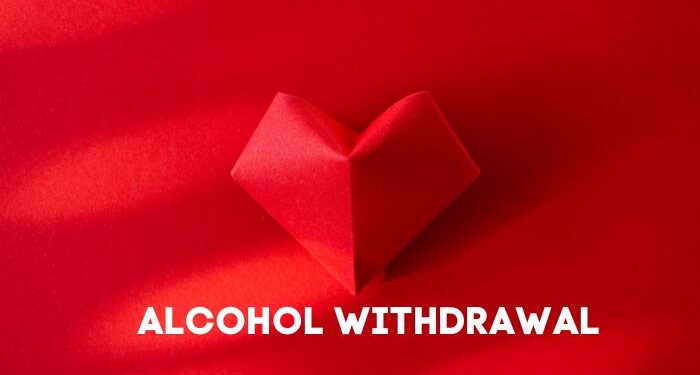When you quit drinking or cut back significantly on how much you drink after engaging in heavy alcohol use for a period of time spanning weeks, months, or even years, you run the risk of experiencing mental and physical issues. Alcohol withdrawal is the medical term for this. There is a spectrum of severity associated with the symptoms.
It is highly improbable that you will have withdrawal symptoms after you stop drinking if you simply do so on an occasional basis. On the other hand, if you have already experienced alcohol withdrawal once, you have a greater chance of experiencing it again the next time you try to quit drinking.
Alcohol Withdrawal Symptoms and Causes
Alcohol use is associated with what medical professionals refer to as a “depressive effect” on the body. The function of the brain is slowed down, and the way in which your nerves communicate with one other is altered.
Your brain and nervous system will eventually get used to the constant presence of alcohol if you drink it regularly. It takes a lot of effort from your body to keep your brain in a condition that is more alert and to keep your nerves communicating with one another.
Your brain maintains its hyperactive condition even after the level of alcohol in your system quickly declines. This is what leads to withdrawal symptoms.
Alcohol withdrawal symptoms are laid out in this timeline.
There is a wide spectrum of severity in the symptoms that accompany alcohol withdrawal(detox for alcohol) . What they are for you depends on how much you drank and how long you were drinking for.
6 hours after your last drink: You may start to experience some mild effects as early as 6 hours after you’ve finished your last drink.
24-72 hours after your previous alcoholic beverage: It is possible that more serious issues, such as hallucinations, will begin during this time frame. These issues may include seizures within the first two days after you stop drinking and hallucinations approximately 12 to 24 hours after you stop drinking. You have the ability to see, feel, or hear things that are not physically there. Gain a better understanding of the progression of alcohol withdrawal symptoms.
48-72 hours after you quit drinking: This window of time is typically when symptoms of delirium tremens, sometimes known as DTs as you are likely to hear them referred to, first appear. These are serious symptoms that can include hallucinations that are very real and delusions as well. Only about 5 percent of persons going through alcohol withdrawal have these symptoms.
Other important links:
